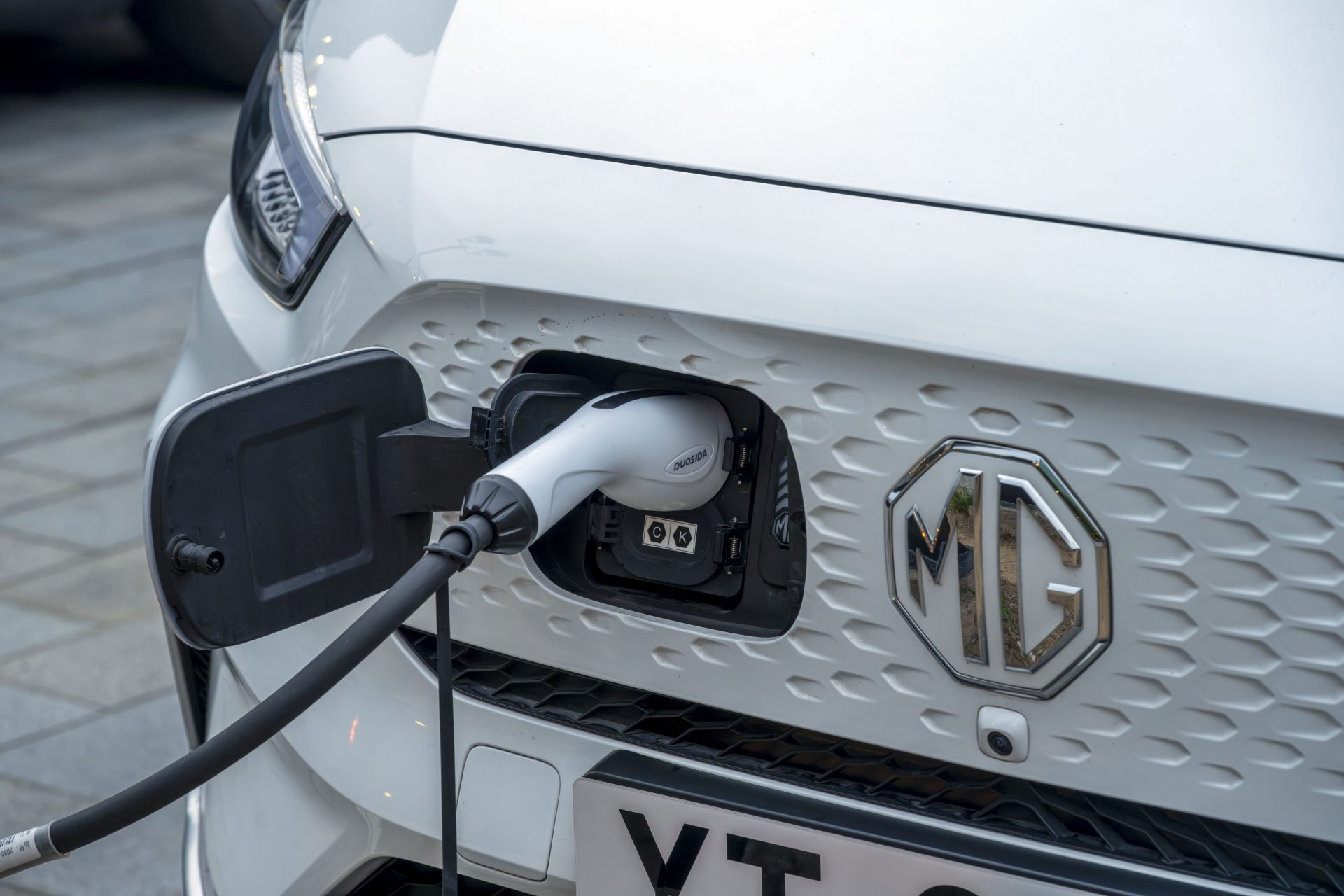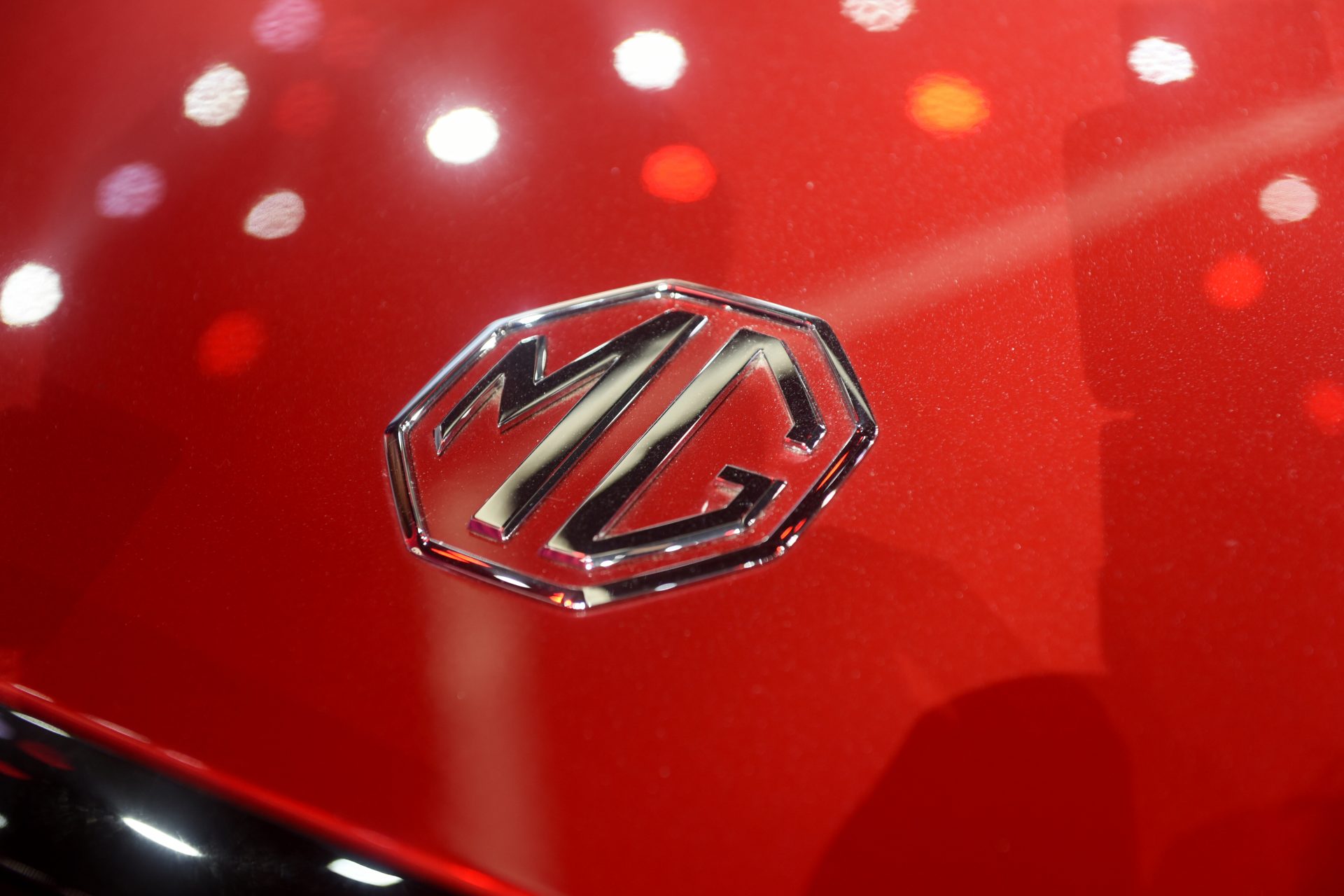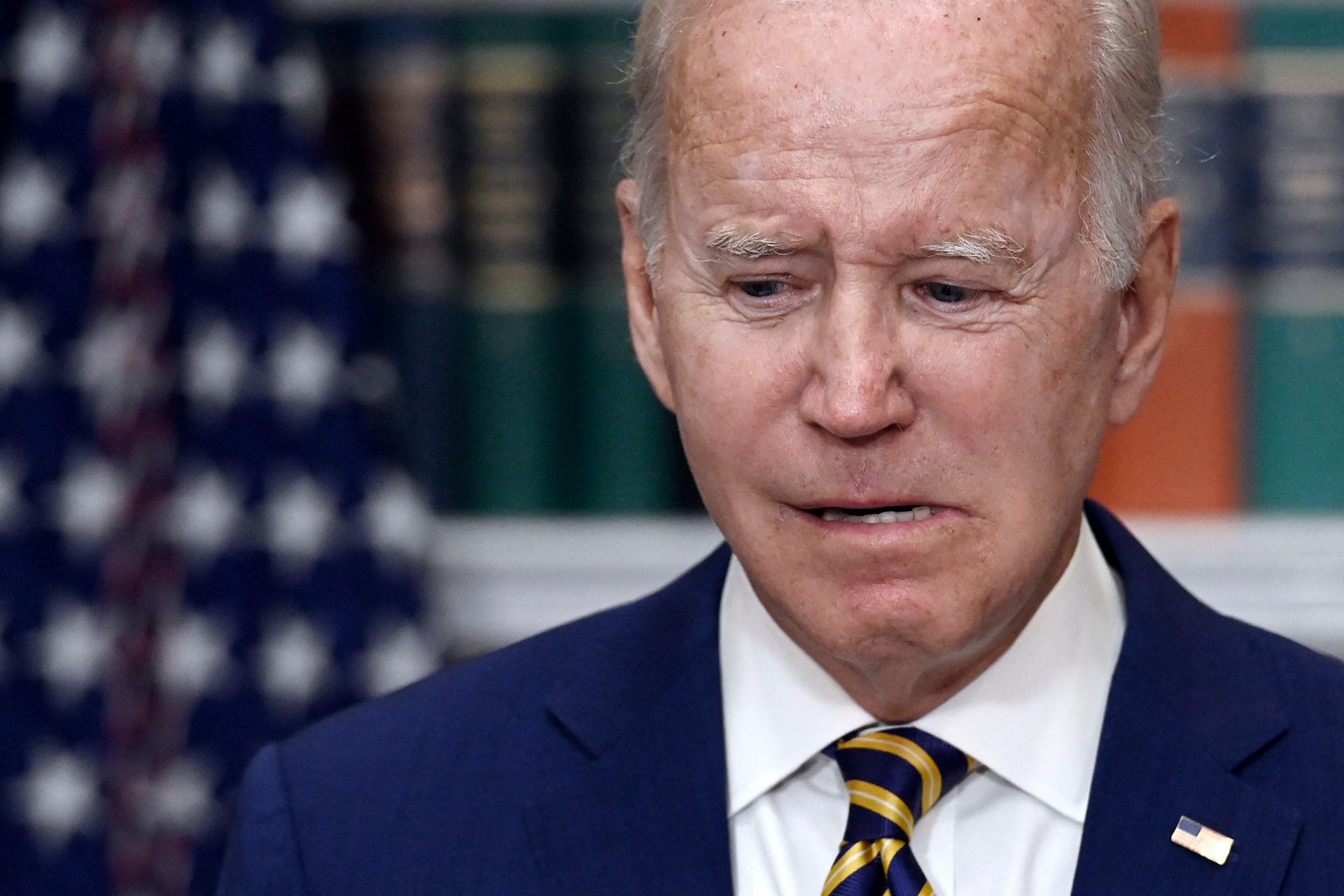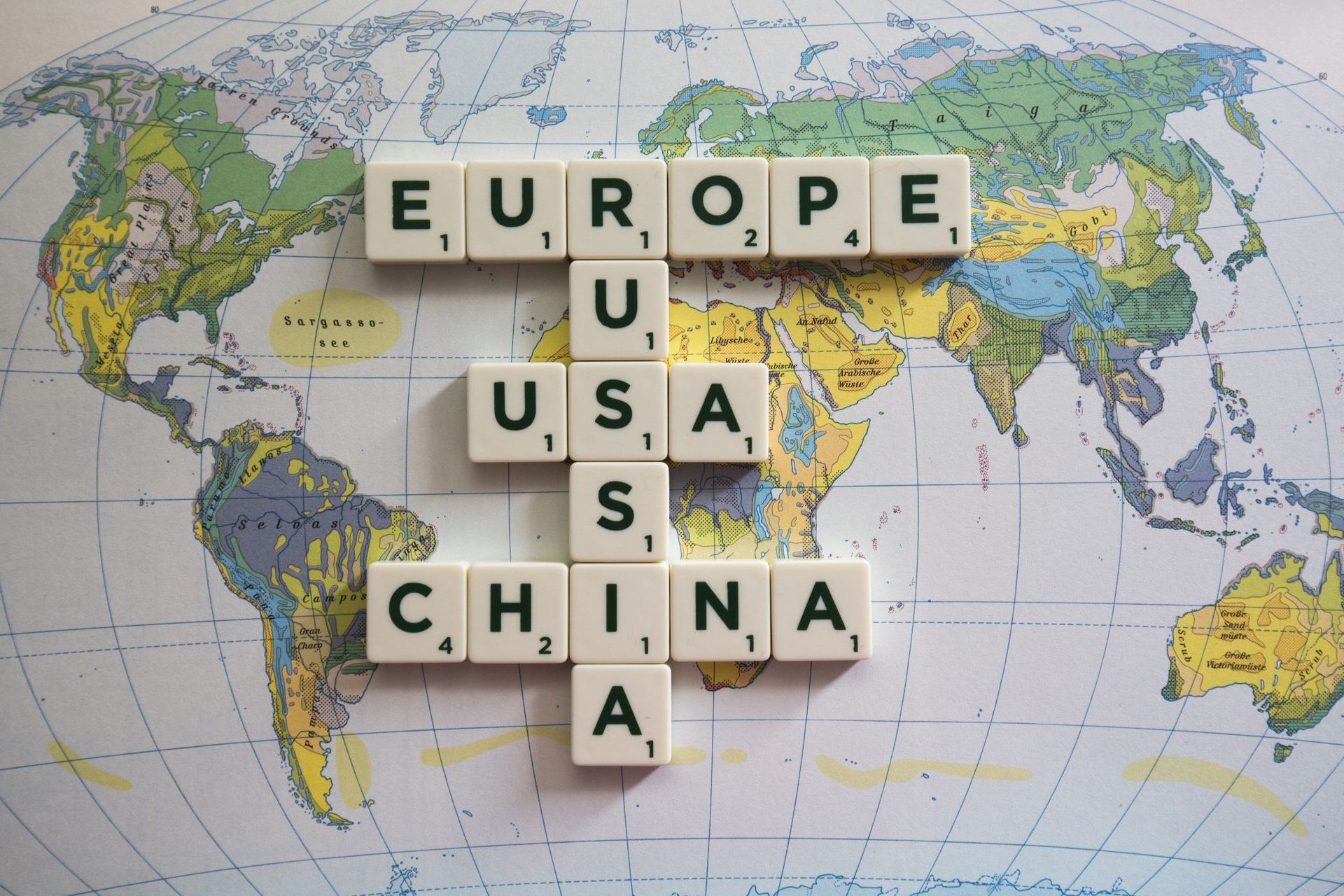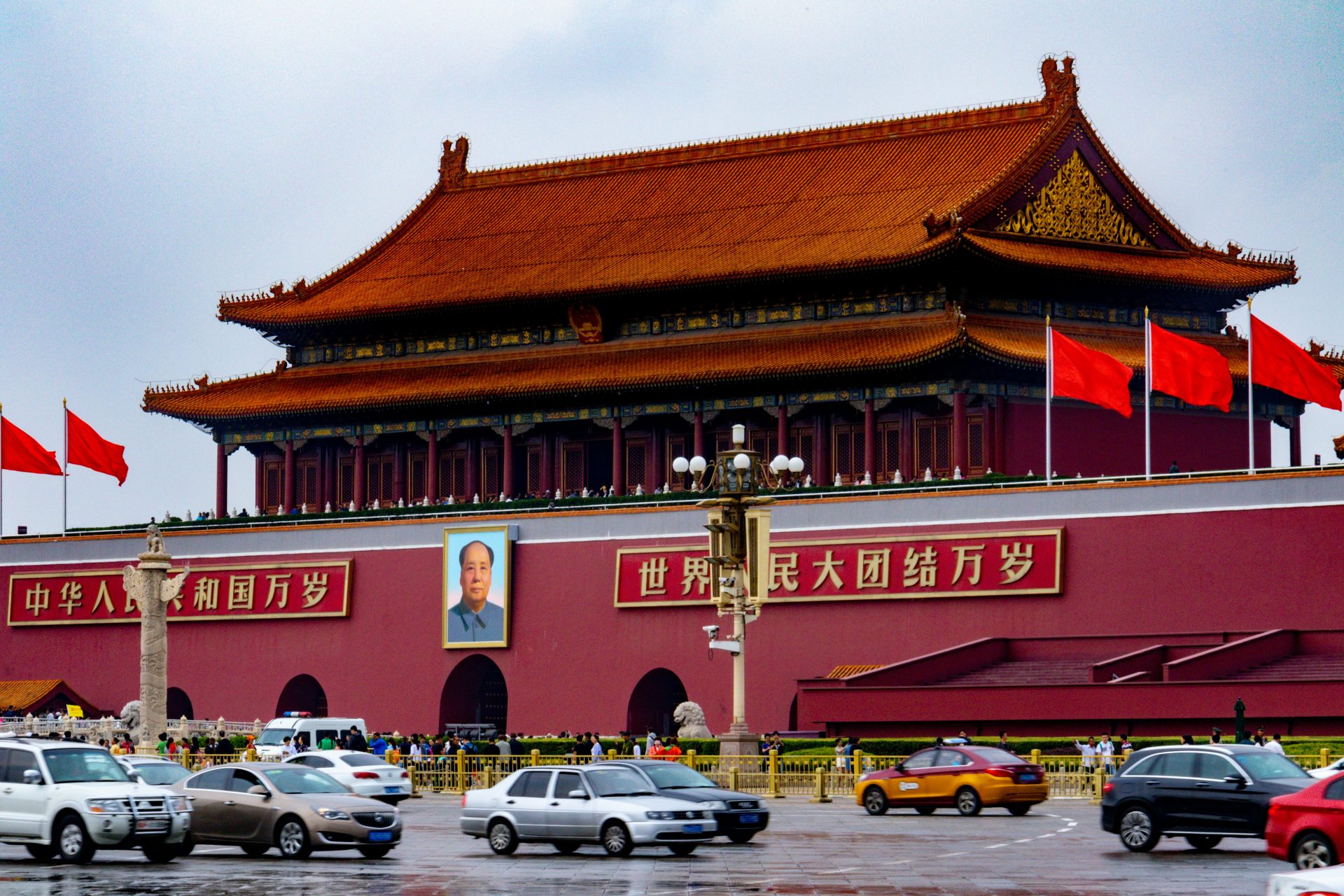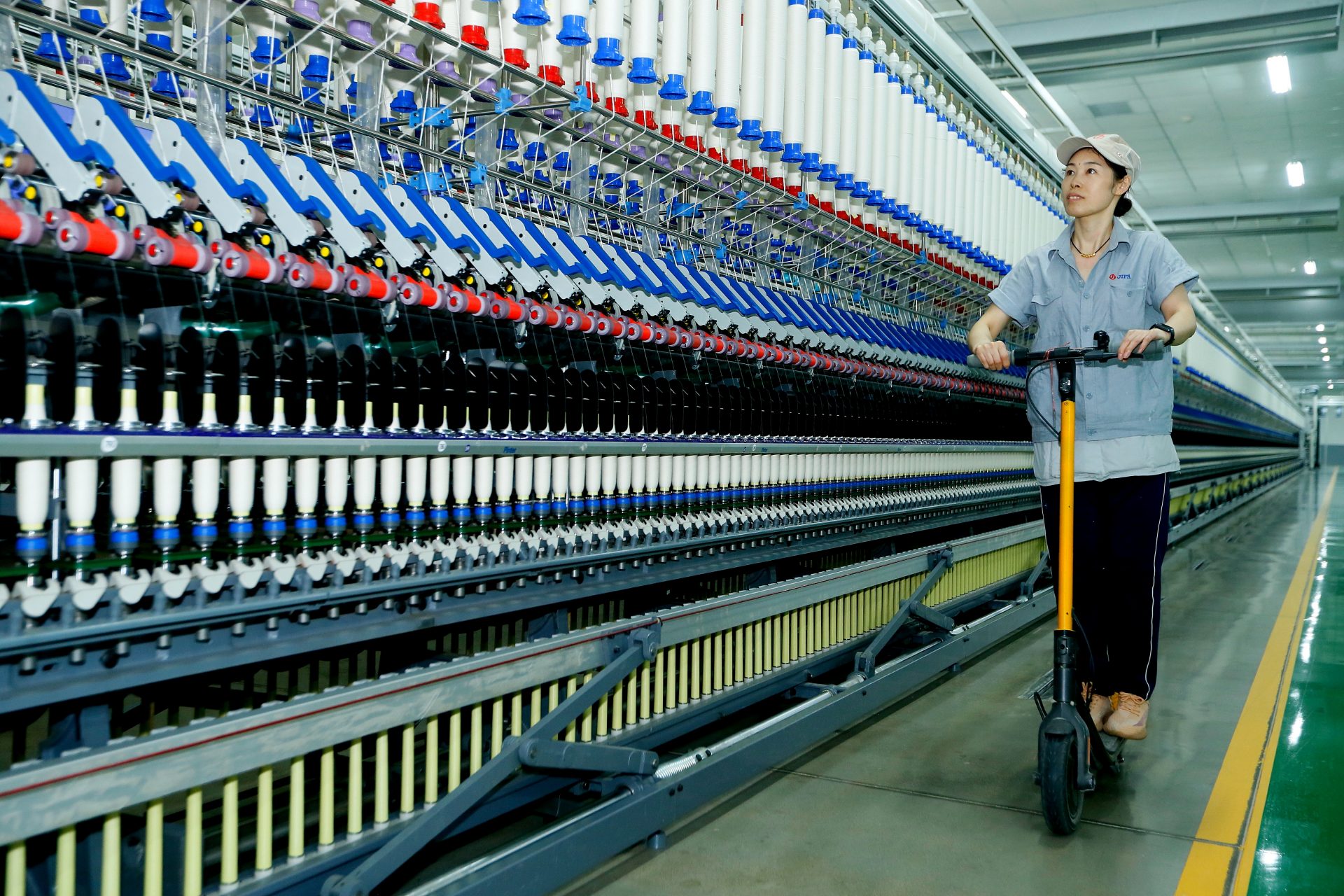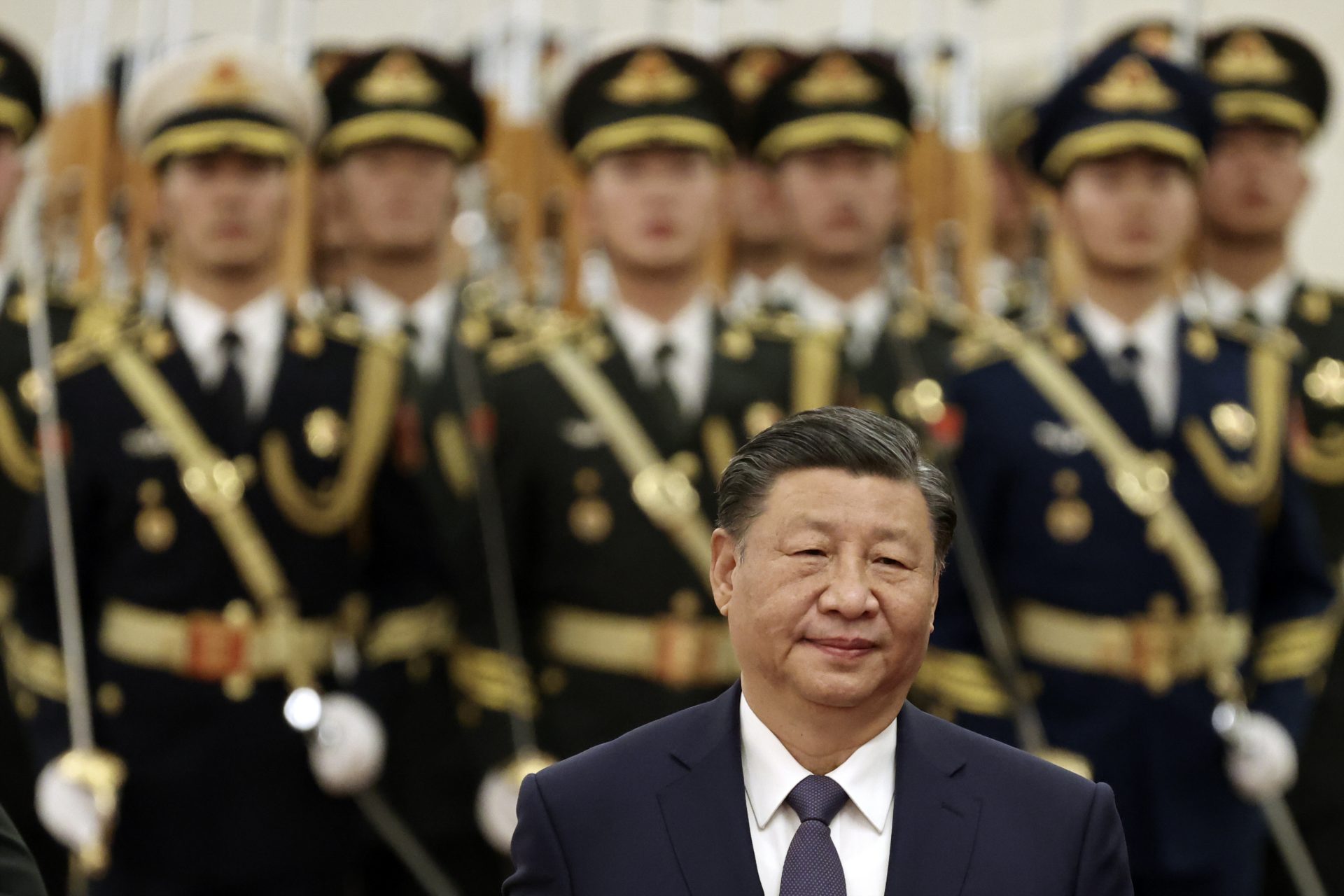Europe declares war on Chinese electric cars but what will the future hold?
China is taking over the electric car market by exporting models that are very efficient and have very good finishes. But above all, China's new electric cars are cheap and affordable.
The European Union has been investigating Chinese electric vehicle manufacturers for months due to the suspicion that China may be engaging in unfair competition by giving state money to private companies so that their cars could be sold below the price of other European and American brands.
Sales of MG, the main Chinese brand of electric cars, have not stopped growing around the world. In September 2023, the Spanish economic newspaper Cinco Días reported that the MG was leading sales in Spain and that the manufacturer ZS model grew by 262% in August compared to the previous year.
The rise of Chinese cars has dealt a serious blow to the automobile industry of the entire continent of Europe, so the European Union, according to the Financial Times, plans to impose tariffs of 25% on Chinese cars.
Image: Alexandre Lallemand / Unsplash
According to Reuters, Chinese authorities will respond to this European measure with tariffs in the opposite direction. They are expected to impose entry taxes on dairy, pork, and beverages.
Europe's crusade against electric cars puts them in a similar trade battle that U.S. President Joe Biden began when he announced coming American tariffs on electric cars from China. But in the case of the United States, the tariffs are to be set at 100% for any Chinese electric vehicle.
The world is experiencing several similar wars in parallel: some are wars with real weapons while others are being fought in the field of the economy. But all of them are defining the future relationship between the West and China.
The expansion of the Chinese economy has long instilled fear in developed countries. But is this something that the world will really need to worry about?
Image: Nick Fewings / Unsplash
The usual accusation is that China does not play fair because its rules are different while manufacturers from other countries have to abide by democratic norms (in terms of workers' rights or use of state money) and are operating with rules that Chinese producers don't have to worry about.
But there are some who defend China's right to compete in a globalized world and the reaction of Europe and the United States can be seen as a desperate defense of declining economies. However, the Chinese economy may not be as strong as it seems.
Image: Christine Roy / Unsplash
Although China has made great achievements in areas such as electric cars, the reality is that the country's economy has serious problems. The analyst Anne Stevenson-Yang wrote in The New York Times that the Chinese economy is "stagnant" and in Fortune they headlined talking about a "dead end."
For now, the average citizen who wants to buy an electric car in Europe can soon see the prices of the hitherto cheap Chinese brands rise. But will this remain the case in the future? And how will other countries respond to the tariff war unfolding between the Europeans and Chinese?
More for you
Top Stories



